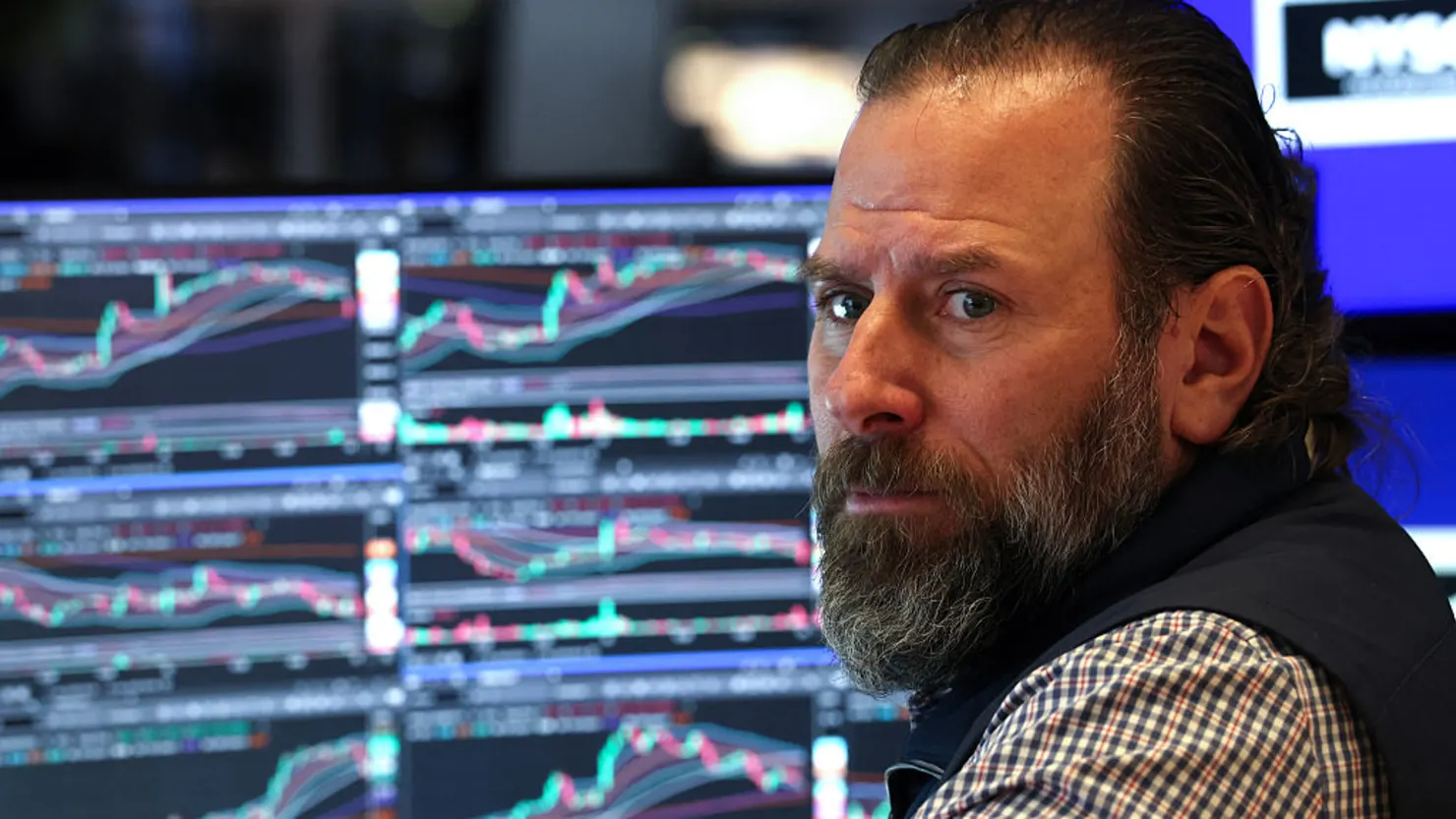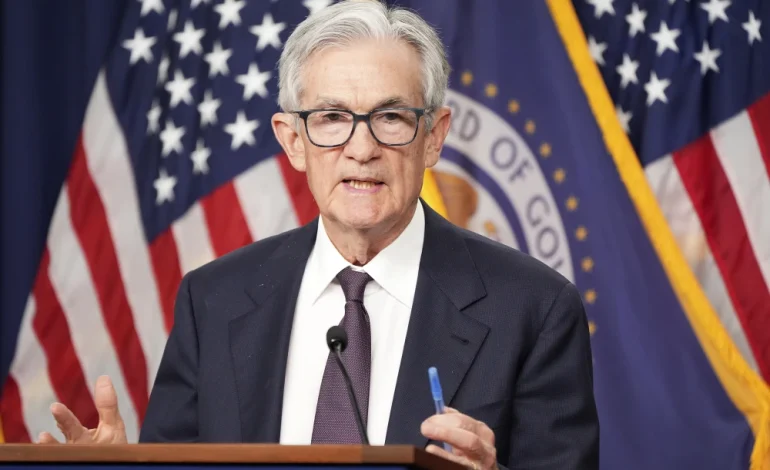The Federal Reserve is expected to keep interest rates unchanged in the coming weeks, as policymakers weigh persistent inflation concerns against signs of a cooling labor market and broader economic uncertainty, NBC News reports.
Despite ongoing calls from President Donald Trump for lower interest rates, the central bank remains focused on controlling inflation, even as economic indicators suggest potential trouble ahead. The Fed has held rates at elevated levels to slow borrowing and spending, aiming to bring price growth under control.
“The labor market looks fine on the surface, but the trajectory is concerning,” said Preston Mui, senior economist at Employ America, in a recent analysis.
One key warning sign is the rise in continuing jobless claims, which reached nearly 2 million last week—the highest since November 2021. Hiring rates have also dropped to levels not seen in more than a decade, while labor force participation has declined.
The Fed, mandated by Congress to maintain both low inflation and low unemployment, faces a difficult balancing act. While consumer price increases have eased in some areas, others—particularly goods impacted by tariffs—are expected to see price hikes later this summer.
According to analysts at Citi, the impact of Trump-era tariffs may not be fully visible in current inflation data. Businesses rushed to purchase goods ahead of potential import duties, and in some sectors, weak consumer demand has made it difficult to pass on cost increases. That dynamic may mute the broader inflationary effect of tariffs in the near term.
Nonetheless, expectations for a near-term rate cut remain low. Wall Street places near-zero odds on a rate cut in June, with about an 80% chance that rates will remain unchanged through July. This comes as retail spending has weakened, prompting some to argue that high interest rates may now be restraining growth more than necessary.
President Trump has maintained that inflation is no longer a major concern and that lower rates are justified. While inflation readings have moderated in some segments of the economy, other data—including surveys of input costs for businesses—point to renewed pricing pressures, particularly as a result of tariffs.
Mark Zandi, chief economist at Moody’s Analytics, warned that the economy may remain sluggish for some time.
“The economy is going to get uncomfortable for the remainder of the year,” Zandi said.
He noted that inflation could increase even as growth slows, with the added risk of external shocks such as geopolitical instability.










The latest news in your social feeds
Subscribe to our social media platforms to stay tuned